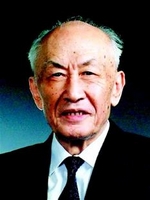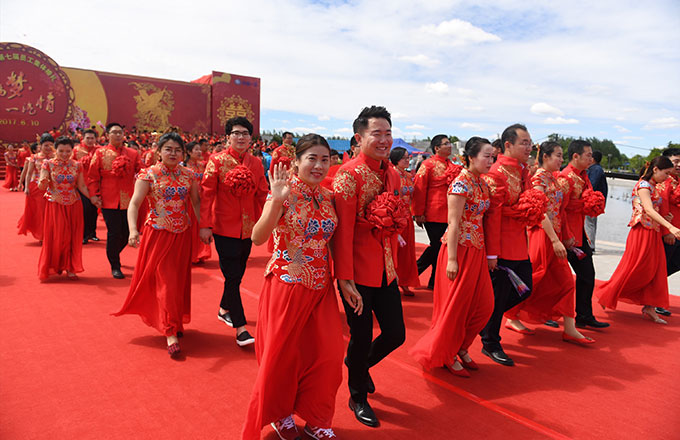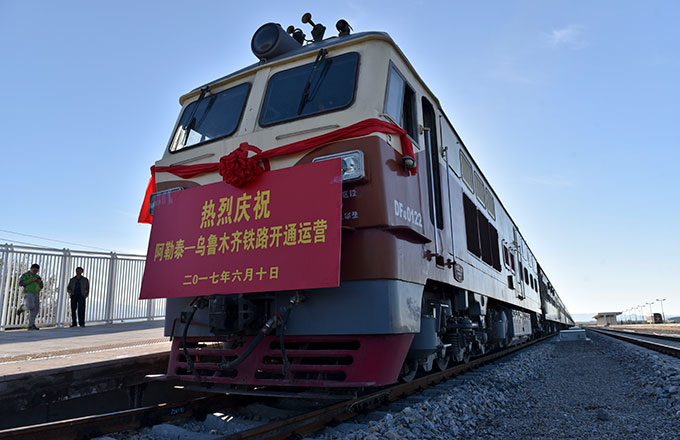The national nuclear pioneer: Zhu Guangya
|
Born: December 25, 1924 Died: February 26, 2011 Occupation: Nuclear physicist Political Party: Communist Party of China (Joined in 1956) |
Zhu Guangya, male, Han nationality, is a nuclear physicist and one of the key scientists engaged in the development of China's first atom bomb and first hydrogen bomb. He was born in Yichang, Central China's Hubei province, in 1924.
Zhu completed his PhD degree in nuclear physics from the University of Michigan in 1950. He returned to China the same year.
He taught at the Department of Physics at Peking University in the 1950s. As former Peking University president Chen Jia'er recalled, Zhu was the youngest professor at the department. "But we adored him, because he had served in the Korean War, and he was a hero for us all," said the student of Zhu during an interview.
From 1970 to 1982, Zhu worked on projects for the People's Liberation Army (PLA) and became vice-director of the Commission of Science, Technology and Industry for National Defense.
As a senior academician of the Chinese Academy of Sciences and the first president of the Chinese Academy of Engineering (1994-98), Zhu also served on numerous civil technology commissions. He was an organizer of the Qinshan Nuclear Power Plant, the first one on the Chinese mainland.
For 15 years after 1957, Zhu studied reactor physics and worked in the Second Ministry of Machinery Industry, which was in charge of military and aviation industries.
In 1999, he was awarded a prestigious medal in recognition of his contribution to China's "Two Bombs, One Satellite" (atomic bomb, hydrogen bomb and man-made satellite) projects.
"You have devoted your whole life to the development of the country and service to the people. Your loyalty and unselfish dedication to the country and people will encourage younger generations and their descendants forever," Premier Wen Jiabao said when he paid a visit to Zhu's home on Aug 6, 2009.
Because of Zhu's prominent contributions, an asteroid discovered by a Chinese observatory was named after him in December 2004.
Zhu Guangya always kept a low profile, wrote Nobel laureate Lee Tsung-dao in an article about his classmate. "But Zhu is a real scientist, a scientist with a strategic vision."
On February 26, 2011, Zhu Guangya died at the age of 87 in Beijing.
- China issues guidelines to develop 'all-for-one' tourism demonstration zones
- Torrential rain triggers disaster in Southwest China
- Harvest time for wheat reapers in Shanxi
- Over 200 couples marry in Changchun group wedding
- Calligraphy tops other icons of Chinese culture, WeChat data shows




















